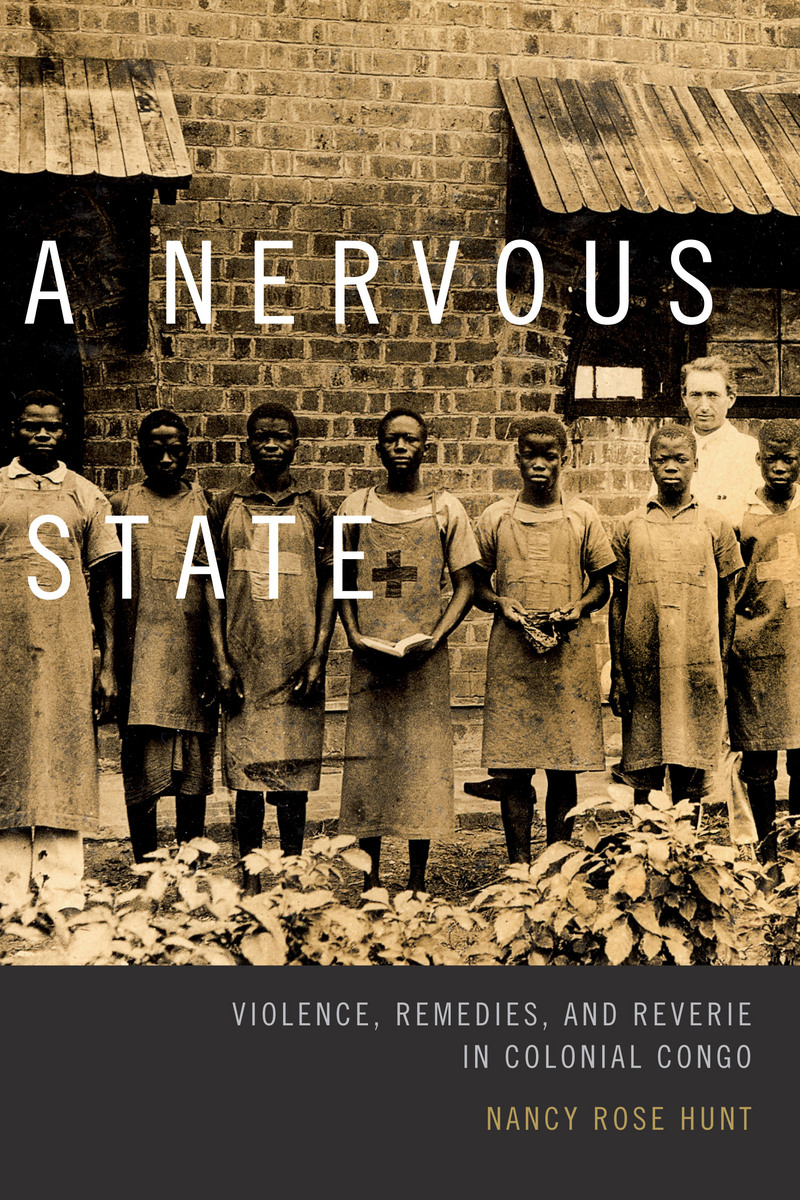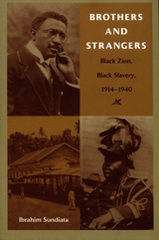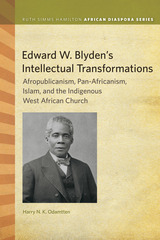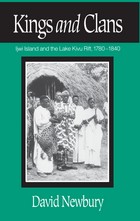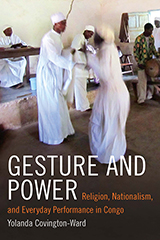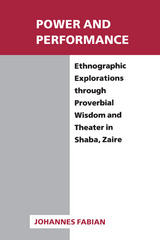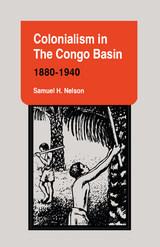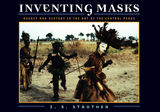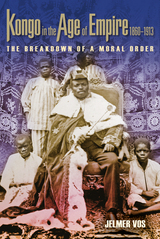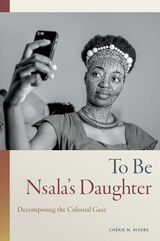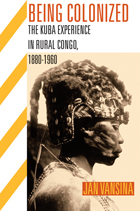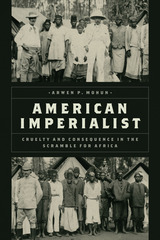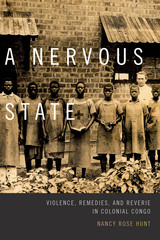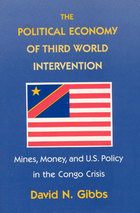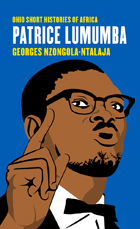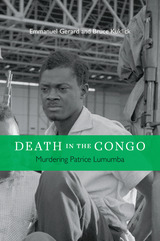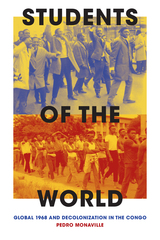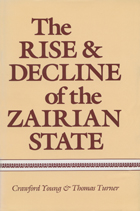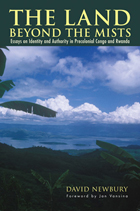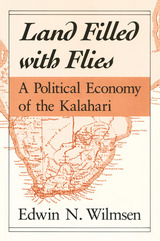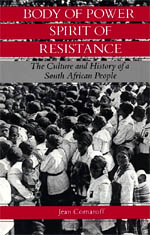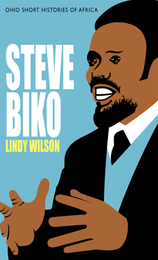A Nervous State: Violence, Remedies, and Reverie in Colonial Congo
Duke University Press, 2016
eISBN: 978-0-8223-7524-1 | Cloth: 978-0-8223-5946-3 | Paper: 978-0-8223-5965-4
Library of Congress Classification DT657.H86 2015
See other books on: 1908-1960 | Belgium | Congo (Democratic Republic) | Hunt, Nancy Rose | Remedies
See other titles from Duke University Press
eISBN: 978-0-8223-7524-1 | Cloth: 978-0-8223-5946-3 | Paper: 978-0-8223-5965-4
Library of Congress Classification DT657.H86 2015
ABOUT THIS BOOK | AUTHOR BIOGRAPHY | REVIEWS | TOC | REQUEST ACCESSIBLE FILE
ABOUT THIS BOOK
In A Nervous State, Nancy Rose Hunt considers the afterlives of violence and harm in King Leopold’s Congo Free State. Discarding catastrophe as narrative form, she instead brings alive a history of colonial nervousness. This mood suffused medical investigations, security operations, and vernacular healing movements. With a heuristic of two colonial states—one "nervous," one biopolitical—the analysis alternates between medical research into birthrates, gonorrhea, and childlessness and the securitization of subaltern "therapeutic insurgencies." By the time of Belgian Congo’s famed postwar developmentalist schemes, a shining infertility clinic stood near a bleak penal colony, both sited where a notorious Leopoldian rubber company once enabled rape and mutilation. Hunt’s history bursts with layers of perceptibility and song, conveying everyday surfaces and daydreams of subalterns and colonials alike. Congolese endured and evaded forced labor and medical and security screening. Quick-witted, they stirred unease through healing, wonder, memory, and dance. This capacious medical history sheds light on Congolese sexual and musical economies, on practices of distraction, urbanity, and hedonism. Drawing on theoretical concepts from Georges Canguilhem, Georges Balandier, and Gaston Bachelard, Hunt provides a bold new framework for teasing out the complexities of colonial history.
See other books on: 1908-1960 | Belgium | Congo (Democratic Republic) | Hunt, Nancy Rose | Remedies
See other titles from Duke University Press
